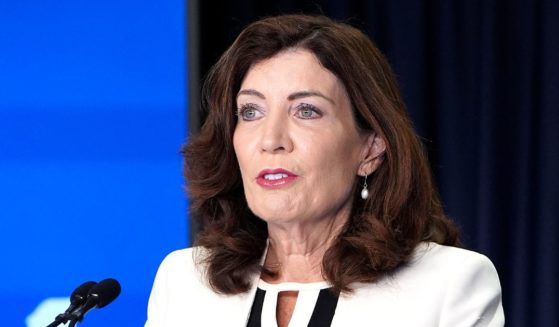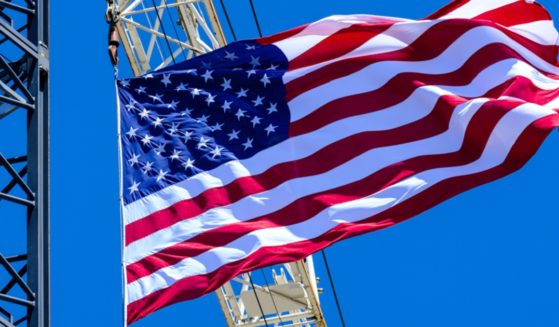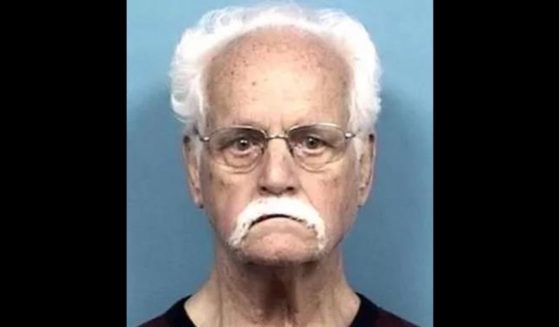UK ministers seek to downplay chance of second Brexit vote
LONDON (AP) — Supporters of British Prime Minister Theresa May dampened suggestions Sunday that the government is planning a second referendum on whether to leave the European Union, arguing that another Brexit vote would exacerbate divisions in the U.K., not heal them.
International Trade Secretary Liam Fox told the BBC that holding another vote on Britain’s EU membership would settle little in a country that backed leaving the EU in 2016 by 51.9 percent with the highest turnout for a U.K. vote since 1992.
“Suppose we had another referendum. Supposing the ‘remain’ side won it by 52 to 48, but it was on a lower turnout – entirely possible,” Fox said. “If there is another referendum, which I don’t think there will be, people like me will be immediately demanding it’s best of three. Where does that end up?”
The comments come as Britain struggles for a way forward after days of political drama because of unease with the terms of May’s deal to leave the 28-nation bloc. The British Parliament was supposed to vote on May’s Brexit plan last week, but she postponed it after it became clear that lawmakers would decisively reject it.
Lawmakers were outraged at not having a chance to have their say. May’s own Conservative Party triggered a confidence vote in her party leadership, which she won, but a third of her party’s lawmakers revolted against her.
Unable to secure any concessions from the EU at a summit, May faced reports in the Sunday Times that said her de-facto deputy, Cabinet Office Minister David Lidington, held talks with Labour lawmakers aimed at holding another Brexit vote.
In response, Lidington tweeted a link to a record of parliamentary proceedings in which he explained how a second vote could be “divisive not decisive.”
May’s chief of staff, Gavin Barwell, tweeted “Happy to confirm I am (asterisk)not(asterisk) planning a 2nd referendum with political opponents (or anyone else to anticipate the next question)”
With little time to resolve the impasse before Britain’s departure from the EU on March 29, fears are growing that Britain could leave the bloc with no deal at all — a situation with potentially devastating consequences for the U.K. economy.
Underscoring the acrimony in the nation over Brexit, May and former Prime Minister Tony Blair of the Labour Party traded jibes in the media.
May accused Blair of “undermining” her efforts to deliver Brexit by calling for a second referendum on whether or not to leave. May said his comments were “an insult to the office he once held.”
Blair shot back, saying he had a right to comment on “the most important decision our country has taken since the end of World War II.”
“What is irresponsible, however, is to try to steamroller MPs into accepting a deal they genuinely think is a bad one with the threat that if they do not fall into line, the government will have the country crash out without a deal,” Blair said.
___
Follow AP’s full coverage of Brexit at: https://www.apnews.com/Brexit
The Western Journal has not reviewed this Associated Press story prior to publication. Therefore, it may contain editorial bias or may in some other way not meet our normal editorial standards. It is provided to our readers as a service from The Western Journal.
Truth and Accuracy
We are committed to truth and accuracy in all of our journalism. Read our editorial standards.












